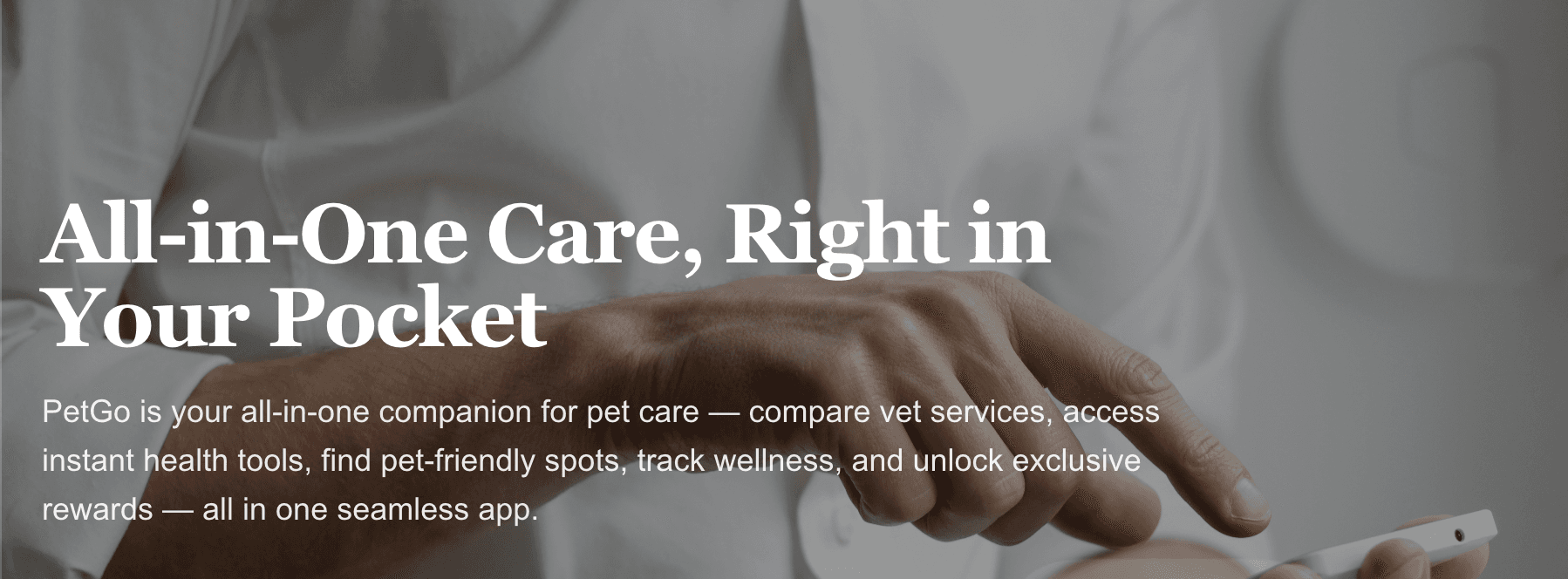Puppy Care Guide
Week 29 – Checking for Retained Baby Teeth

At seven months, your puppy is nearing the end of the teething stage. This is the time to pay special attention to their dental health — ensuring baby teeth fall out properly as adult teeth take their place.
1️⃣ Understanding the Teething Stage
Just like human infants, puppies go through a teething period. Most begin losing baby teeth around 5–6 months as permanent teeth start to erupt. Proper oral care during this time sets the foundation for lifelong dental health.
Each breed and puppy is different — growth and timing can vary slightly, but gentle attention now makes all the difference later.
2️⃣ What Are “Retained Baby Teeth”?
When an adult tooth erupts but the baby tooth remains in place, it’s called a retained deciduous tooth. These teeth can cause crowding, misalignment, or gum inflammation if not removed.
- Misalignment or abnormal bite (malocclusion)
- Food and tartar buildup in tight spaces
- Gum irritation and early dental disease
Check your puppy’s mouth regularly — especially during months 6–8. Early detection prevents long-term dental issues.
3️⃣ How to Check for Retained Teeth
Puppies may not cooperate during checks, and small teeth can be hard to spot. Ask your vet to examine your puppy’s mouth during routine visits.
If a retained tooth is found, your vet might recommend extraction — often during another procedure like spaying or neutering to reduce stress.
👉 Always discuss timing, anesthesia, and aftercare options with your veterinarian.
4️⃣ Dental Care Tips for Growing Puppies
- Start brushing early using a puppy toothbrush or finger brush.
- Use enzymatic pet toothpaste — never human toothpaste.
- Keep brushing sessions short, positive, and consistent.
- Offer dental chews and toys to reduce plaque and teething stress.
- Regular brushing prevents resistance and dental anxiety later.
A clean mouth equals a happy pup — and smoother vet visits down the road.
5️⃣ When to Seek Professional Help
- A baby tooth remains even after the adult tooth emerges.
- Bad breath, swollen gums, or drooling.
- Difficulty chewing or avoiding food.
Small-breed and short-muzzle dogs are more prone to retained baby teeth. Schedule an oral exam if symptoms persist.
🩺 PetGo Tip
Dental care is a crucial part of your puppy’s overall health. Healthy teeth support better nutrition, prevent pain, and protect organs like the heart and kidneys later in life.
Start now — make brushing a calm daily ritual. Your future self (and your puppy’s smile) will thank you!
PetGo Shop | Oral Care Essentials
Keep your puppy’s smile healthy and their breath fresh with these vet-approved oral care kits. Start early to build habits that prevent plaque, gum disease, and bad breath.

Arm & Hammer Dog Dental Care Kit
Complete 3-piece set with toothpaste, toothbrush, and finger brush — perfect for freshening breath and reducing plaque safely for puppies.
$19.99
Buy on Amazon
Vet’s Best Toothbrush & Enzymatic Paste
Vet-formulated enzymatic toothpaste and triple-headed brush make cleaning faster, easier, and more effective — gentle enough for puppy gums.
$24.99
Buy on AmazonContinue with PetGo’s Puppy Care Guide
PetGo helps you track health milestones — from dental checks to full-grown smiles.
© 2025 PetGo. All Rights Reserved
